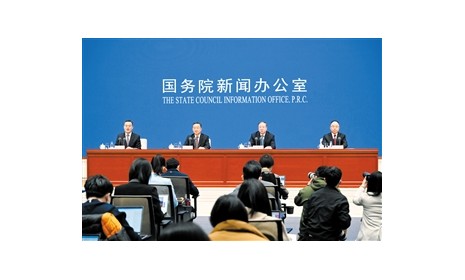2024年4月5日,欧盟食品安全局就一种枯草杆菌蛋白酶(subtilisin)的安全性评价发布意见。
据了解,这种食品酶是由转基因地衣芽孢杆菌菌株NZYM-CB生产的,旨在用于六种食品生产过程。
经过评估,专家小组认为,在预期的使用条件下,不能排除饮食暴露引起过敏反应的风险,特别是对甜瓜或石榴过敏的个体,但不会超过食用这些食品的风险。根据所提供的数据,评估小组得出结论,这种食品酶在预期使用条件下不会引起安全问题。部分原文报道如下:
The food enzyme subtilisin (EC 3.4.21.62) is produced with the genetically modified Bacillus licheniformis strain NZYM-CB by Novozymes A/S. The genetic modifications do not give rise to safety concerns. The food enzyme is considered free from viable cells of the production organism and its DNA. It is intended to be used in six food manufacturing processes. The dietary exposure to the food enzyme-TOS was estimated to be up to 0.722 mg TOS/kg body weight (bw) per day in European populations. The production strain of the food enzyme fulfils the requirements for the qualified presumption of safety approach to safety assessment. As no other concerns arising from the manufacturing process were identified, the Panel considered that toxicological tests were not required for the assessment of this food enzyme. A search for the similarity of the amino acid sequence of the food enzyme to known allergens was made and 20 matches were found, including two food allergens (melon and pomegranate). The Panel considered that the risk of allergic reactions by dietary exposure cannot be excluded, particularly in individuals sensitised to melon and pomegranate, but would not exceed the risk from consumption of melon or pomegranate. based on the data provided, the Panel concluded that this food enzyme does not give rise to safety concerns under the intended conditions of use.
















